Intent
The Design and Technology curriculum at Oakfield has been shaped to encourage pupils to ask questions, engage in research and work innovatively and creatively. Pupils learn how to use tools, equipment and materials effectively and efficiently, designing products with care and attention to detail whilst maintaining safe working standards. Design opportunities enable pupils to take creative but well-managed risks, leading to the production of innovative ideas and prototypes.
The sequencing of the design curriculum has been carefully planned to allow pupils to build on prior learning and make connections within design and technology and across other subjects, ensuring that pupils know more and remember more, igniting a passion and enthusiasm for the subject.
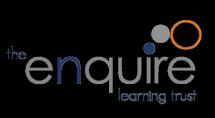

Threshold concepts
Master practical skills
This concept involves developing the skills needed to make high quality products (we have highlighted a range of skills but they may be added to or changed as appropriate for your school).
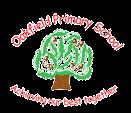
Techniques
Design, make, evaluate and improve
This concept involves developing the process of design thinking and seeing design as a process.
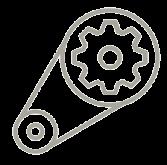
Mechanics

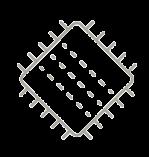
Take inspiration from design throughout history

Autumn Spring Summer
Nursery Construction
Duplo houses
Food
Cakes
Reception Construction
Shelter
Textiles
Thread a leaf
Year 1 Mechanics
Moving pictures
Yeray Perez Vallejo
Year 2 Mechanics
Vehicles through history
Karl Benz
Year 3 Food
Nepal

Santosh Shah
Year 4 Food

Scandinavia
Magnus Nilsson
Year 5 Textiles
Floral designs
Michael Brennand-Wood
Year 6 Textiles
WW2 Make do and mend and fashion
Clothes rationing
Mrs Sew and Sew
Textiles
Collage flowers
Food
Chocolate Easter nests
Food
Planet cookie
Textiles
Junk modelling- rocket ship
Textiles
Patchwork
Pauline Burbridge
Textiles
Collage textile
Collage textile history
Jill Flower
Mechanics
Toys
Louis Marx
Mechanics
Robots
Leonardo Da Vinci
Mechanics
Space – Mars rover
NASA
Mechanics
Fairground rides
Fairground history
George Washington Gale Ferris Jnr
Food
Hungry Caterpillar fruit kebabs
Construction
Pirate ship
Food
Hungry beast pizza party food
Construction
Bird feeder
Food
Royal foods
From Henry VIII to Charles III
Royal chefs
Food
Plant based diet
History of plant-based diets
Areas of the world where plant-based diets are prevalent
Kirk Haworth
Textiles
Masks
Philip Treacy
Textiles


Soft toys
Steiff bears
Food
Extreme places: Antarctica and Arctic
Gerard Baker
Johannes Jensen
Food
Vegan food
Vegan history
Alex Atala and Claire Vallee
Lesson and task design
Links to prior learning and retrieval practice
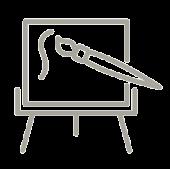


Explore the work of designers
Master practical skills
Design, make, evaluate and improve

Create an original piece
The Nature of Thinking

The Nature of Thinking supports our task design within different year groups
Year 1, 3 and 5 focus on the basic
Years 2, 4 and 6 progress to advancing and deepening
Basic Advancing Deepening
Name
Describe
Follow instructions or methods
Complete Recall
Observe
Use
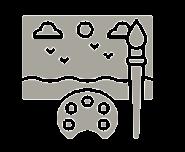
Match Report
Measure List
Illustrate Label

Recognise Tell Repeat Arrange
Define
Memorise
Calculate
Recite
Draw recall
Apply skills to solve problems
Explain methods
Classify Infer
Categorise Identify patterns
Organise
Modify Predict Interpret Summarise
Estimate Compare Use Experiment
Demonstrate Practise Show Arrange
Point out
Graph
Separate
Solve non-routine problems
Appraise Explain concepts
Hypothesise
Investigate Cite evidence

Design Create Prove Judge Recommend Justify Generalise
Propose Discover Arrange
Rate
Evaluate Revise Conclude Formulate Construct Develop Connect Prioritise

